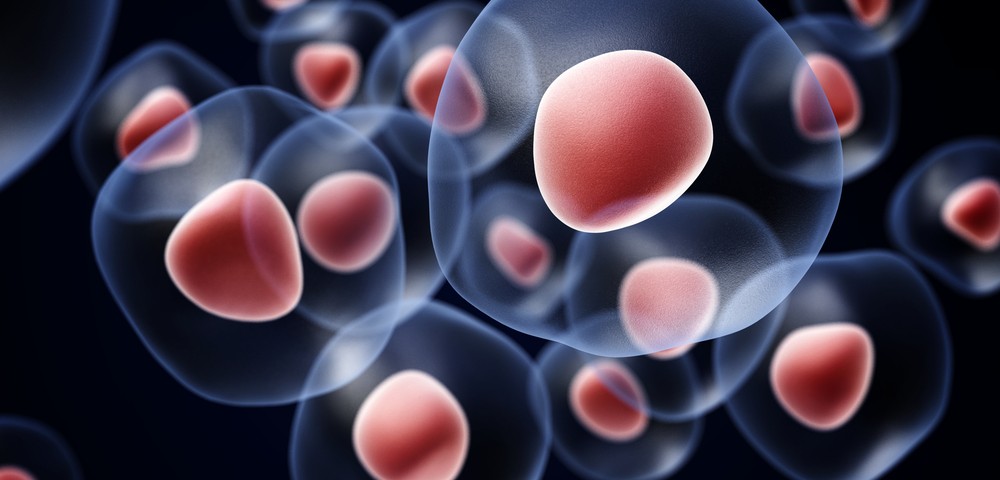University of Texas MD Anderson Cancer Center researchers have demonstrated that the prostate basal cell layer contains self-renewing adult stem cells, with a gene expression profile that overlaps that of aggressive and endocrine therapy-resistant prostate cancers. These results indicate that such cells might be the cells-of-origin in aggressive prostate cancers, and offer a new option for anticancer therapies.
The research paper, “Stem cell and neurogenic gene-expression profiles link prostate basal cells to aggressive prostate cancer,” was published in Nature Communications.
The prostate gland is mainly constituted of basal and luminal cells, organized in a pseudostratified epithelium. Several studies have identified these cells as “cells-of-origin” for prostate cancer in mouse models of the malignancy. However, the existence and localization, either in the basal or luminal compartments, of stem cells in the human prostate gland has remained controversial.
Researchers performed a genome-wide transcriptome analysis, through deep RNA sequencing, to determine the gene expression profiles of human benign prostatic basal and luminal epithelial populations. The results, based on the molecular and biologic characterizations, indicate that basal cells express gene categories associated with stem cells and neurogenesis, the process of nervous system development. These findings, for the first time, suggest that the prostate basal cell layer contains self-renewing adult stem cells. Importantly, researchers found that the basal cell gene expression profile is enriched with genes related to advanced metastatic and endocrine therapy-resistant prostate cancers, suggesting that the basal stem cells may represent the cell-of-origin for these lethal prostate cancers.
“Our study provided definitive evidence that the prostate basal cell layer harbors self-renewing adult stem cells that are enriched in stem-cell genes,” said Dean Tang, MD, PhD, a professor of Epigenetics and Molecular Carcinogenesis and the study’s senior author, said in a press release.
Certain genetic components of these cells are partly controlled by the regulator gene MYC, involved in cell death and transformation, the team also observed. This finding opens a new theoretical rationale for the application of an already existing therapeutic strategy to such aggressive prostate cancers. “Our studies establish that therapy that combines Pol-I [an enzyme involved with DNA replication] and MYC inhibitors may be a potential new line of treatment for highly metastatic and endocrine therapy-resistant prostate cancer,” Dr. Tang said.

